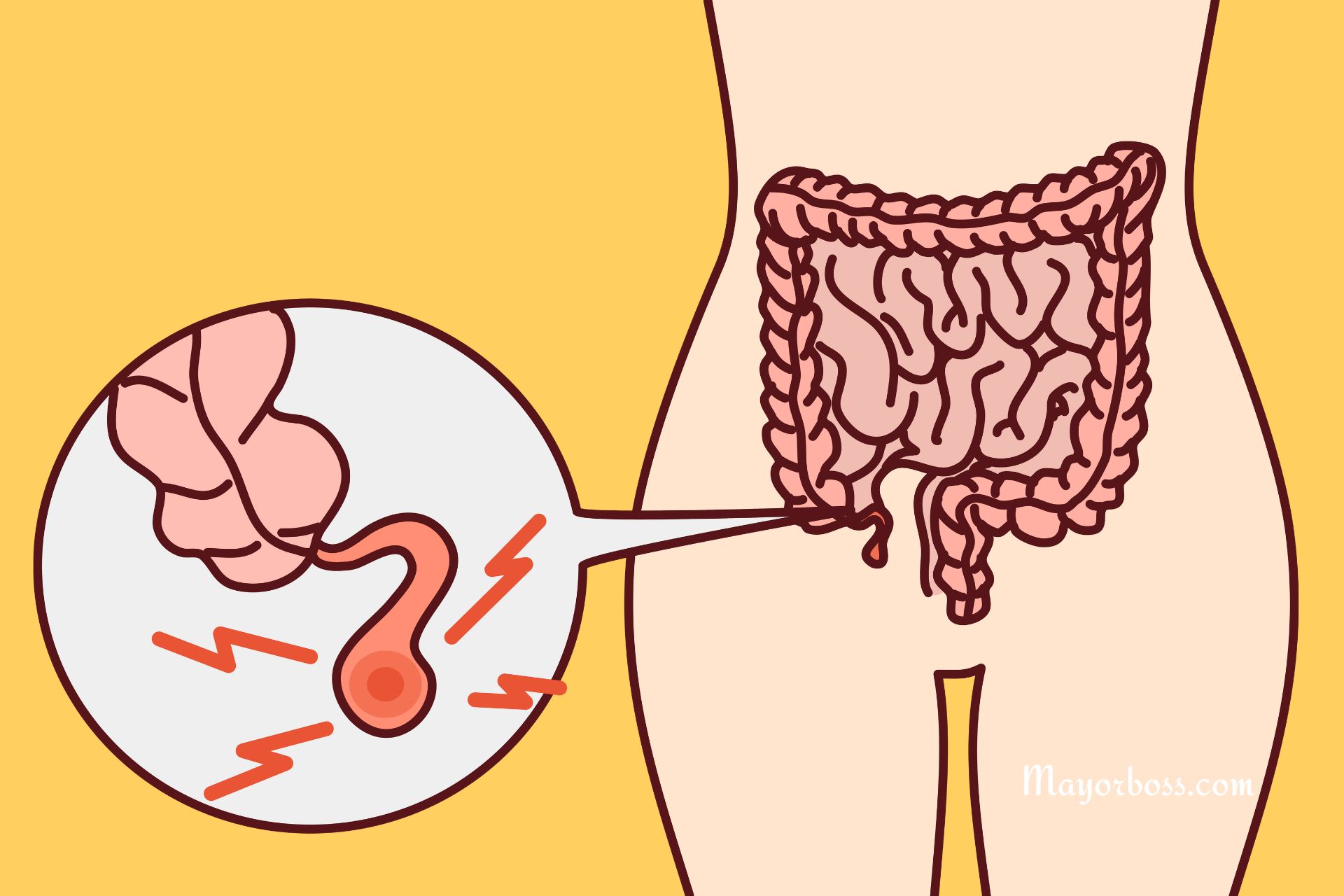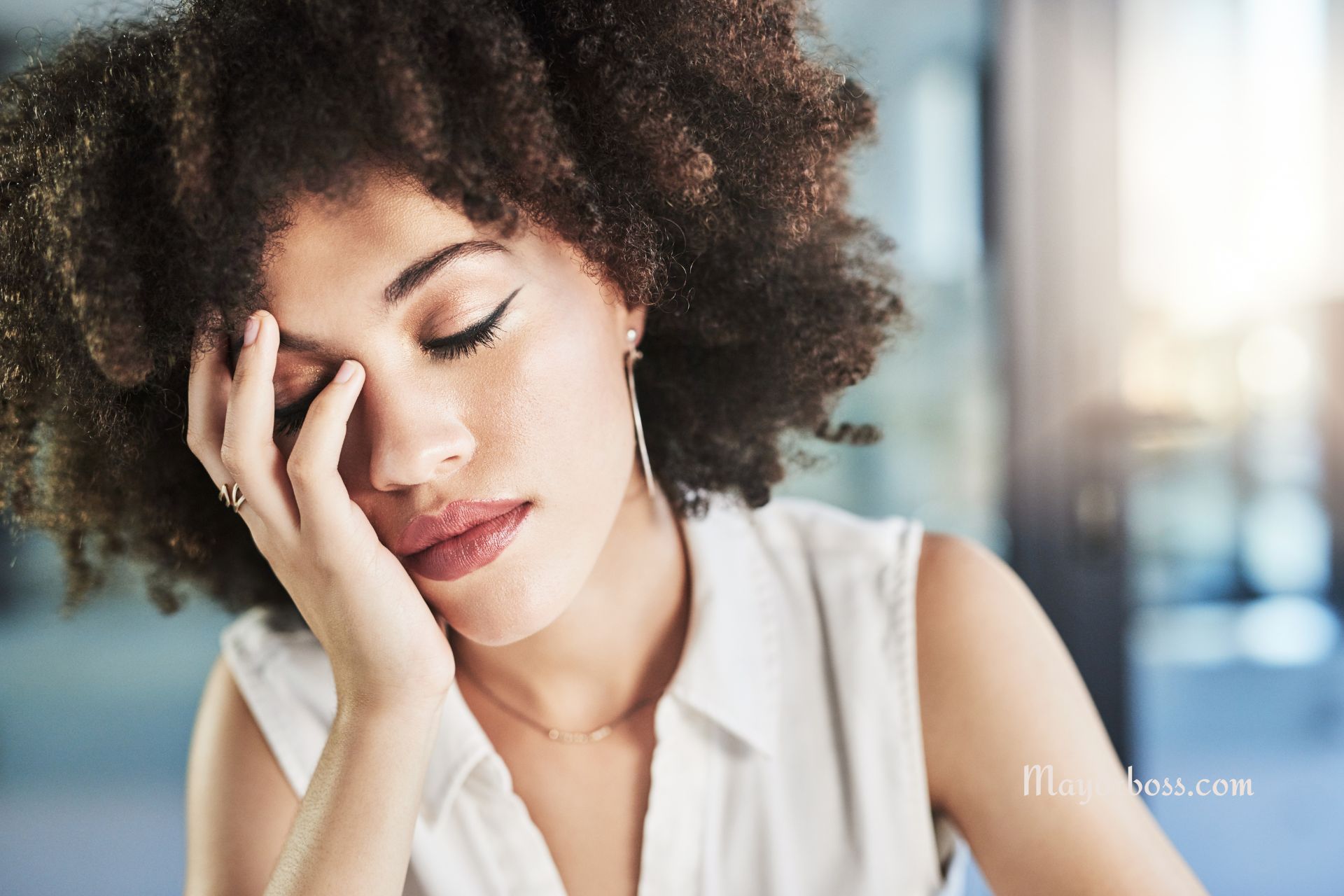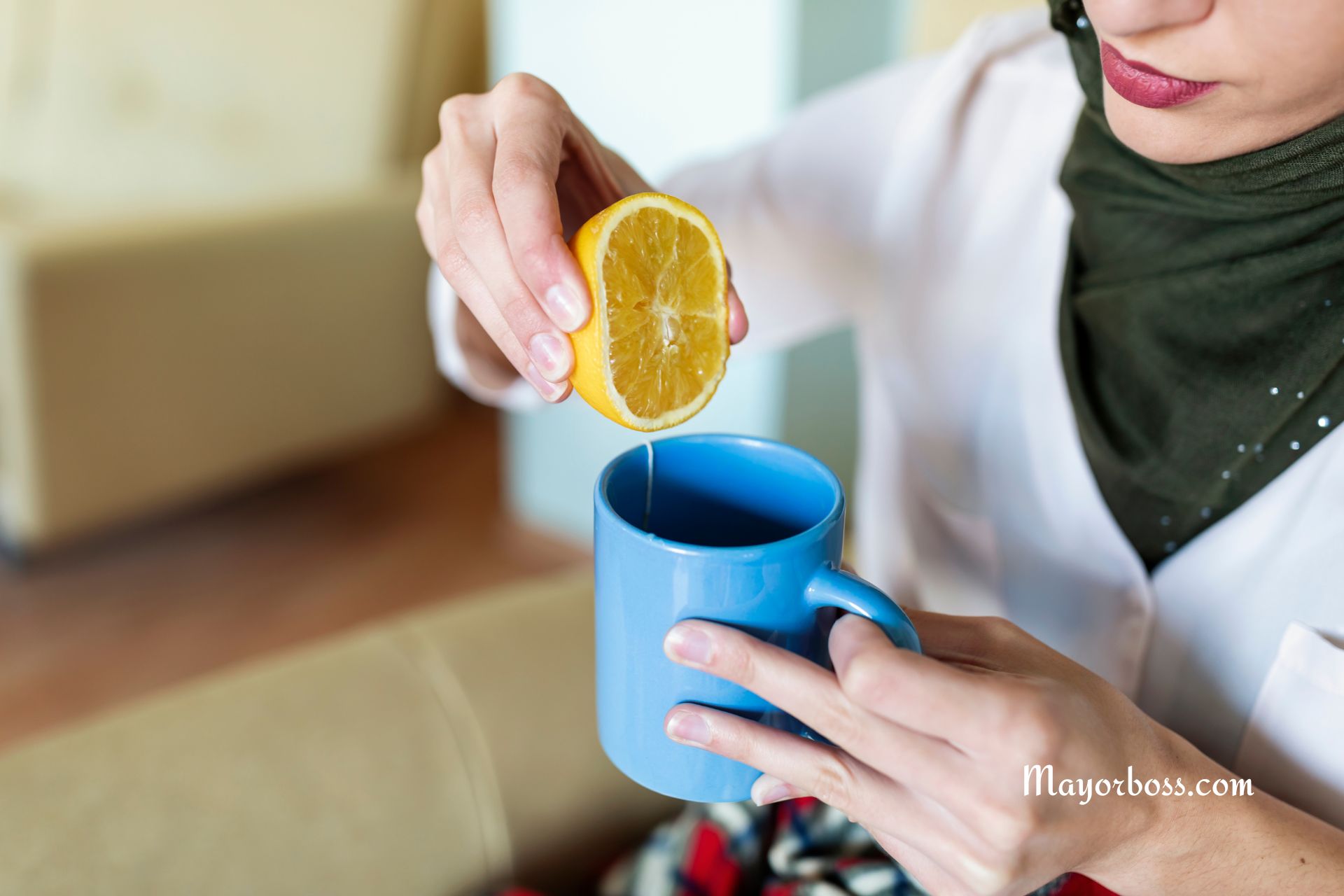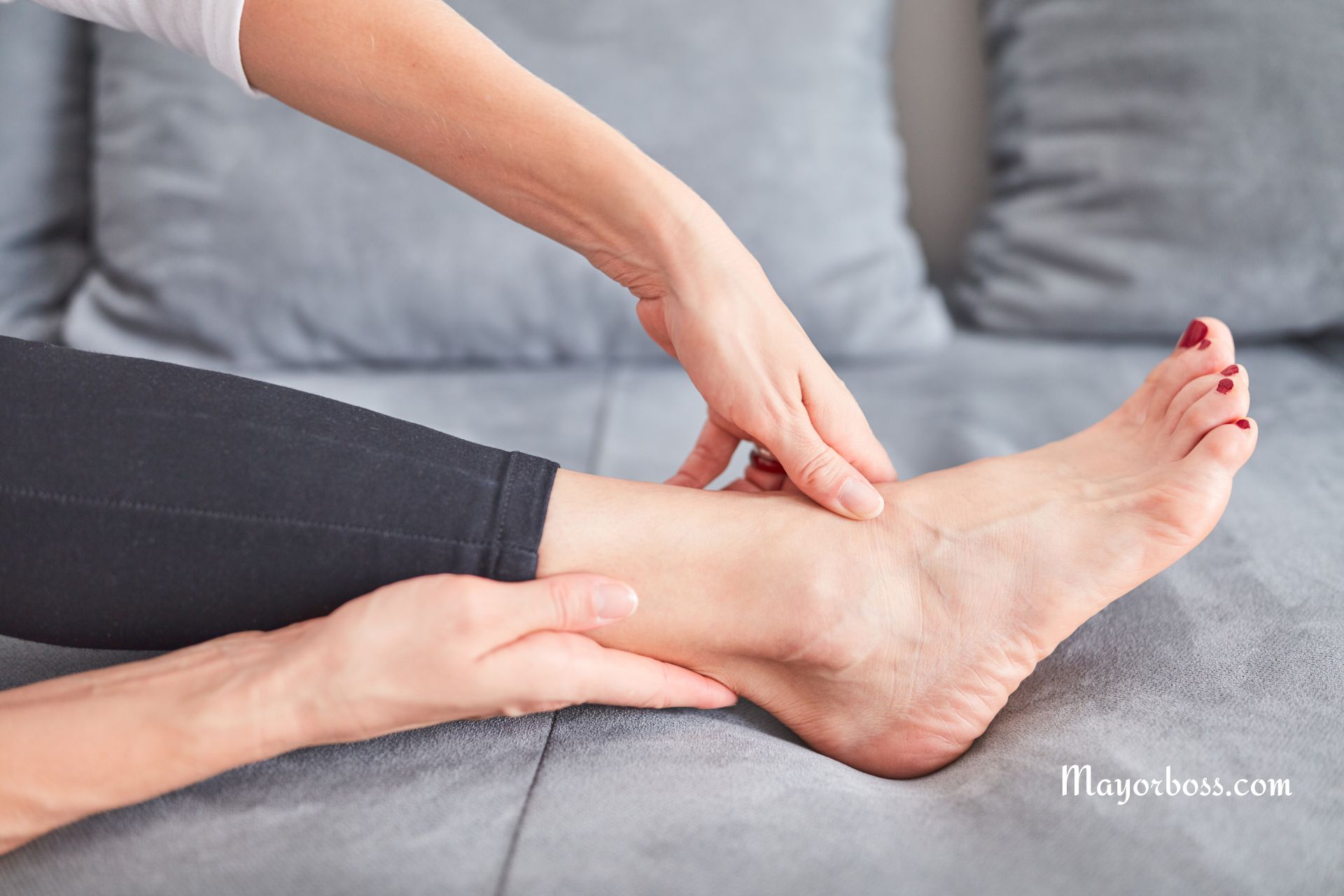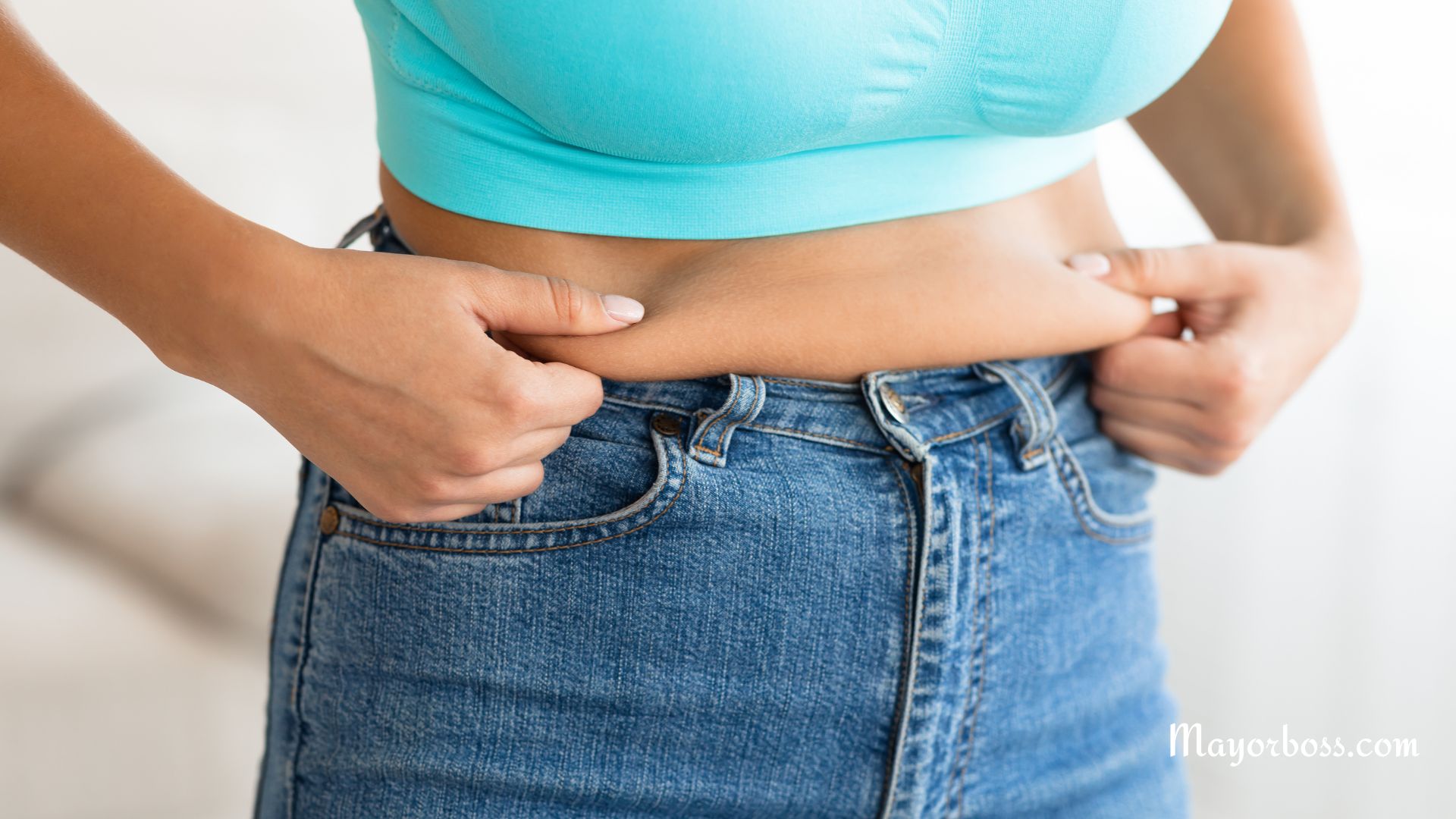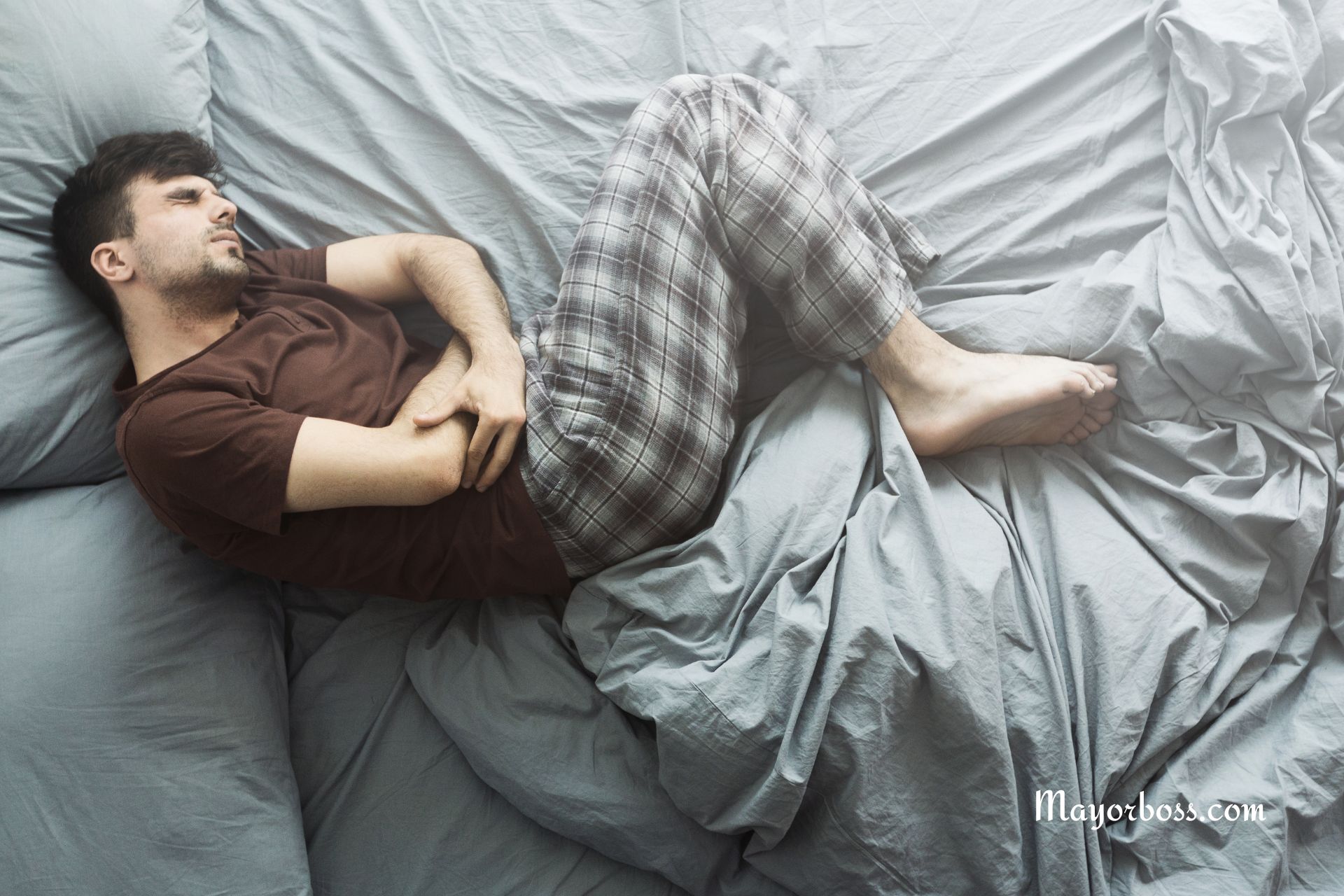How to Cure Heat Exhaustion
Summer’s sizzling heat may evoke thoughts of beach fun and ice cream. But, it has a hidden danger — heat exhaustion. Family physician Natalia Hapych, MD, provides us with insights into why some of us might succumb to heat exhaustion and what we can do about it.
What is Heat Exhaustion?
Heat exhaustion is described as a heat-related illness that can happen after you’ve been exposed to absolutely high temperatures. According to Mayo Clinic, it’s one of the three heat-related emergencies, with heat cramps being the mildest and heatstroke as the most severe.
There are several reasons why you might be experiencing heat exhaustion:
- Dehydration. When you’re not drinking enough water, your body can’t sweat enough to cool down. This can lead to heat exhaustion.
- Excessive Exercise. Working out in high heat can put you at risk. You may lose excessive water and salts that your body needs to function, leading to heat exhaustion.
- Clothing. Wearing dark or tight clothes that don’t allow your body to cool properly can increase your risk of heat exhaustion.
- Alcohol. Consuming alcohol can affect your body’s ability to regulate temperature, making you more susceptible to heat exhaustion.
- Age and Health. Older adults, children, and individuals with chronic illnesses are more susceptible to heat exhaustion.
What Can I Do When I Have Heat Exhaustion?
If you’re experiencing symptoms of heat exhaustion — such as heavy sweating, rapid pulse, severe headache, dizziness, fatigue, cool, moist skin with goosebumps, and nausea — you should immediately:
- Move to a Cooler Location. Get out of the heat as quickly as you can. If you’re outdoors, seek shade. If you’re indoors, move to an air-conditioned room.
- Rest and Rehydrate. Lie down and sip on a cool beverage. Water, a sports drink, or fruit juice can help replenish lost electrolytes.
- Loosen Clothing. Removing unnecessary layers can make you feel cooler and allow your body to cool down faster.
- Cool Down. Use cool compresses, take a cool shower, or immerse yourself in a cool bath.
Remember, if your symptoms don’t improve within an hour or they worsen, seek immediate medical attention. As Dr. Hapych advises, “Heat exhaustion can lead to heatstroke, a life-threatening condition. Don’t hesitate to seek medical help.”
How Can I Prevent Heat Exhaustion?
Here’s where the real groove lies. Rather than dealing with the complications of heat exhaustion, we can take steps to prevent it. After all, prevention is better than cure, right?
- Stay Hydrated. “Water is your best friend during hot weather,” Dr. Hapych says. It helps to regulate your body temperature and keep you cool.
- Wear Appropriate Clothing. Opt for lightweight, light-colored, and loose clothing. These will help to reflect the sun and aid in evaporation, keeping you cooler.
- Avoid Excessive Exercise. If you must work out, try to do it in the early morning or late evening when the temperature is cooler. And remember, drink plenty of water before, during, and after your workout.
- Stay Indoors When Necessary. When the heat index is high, it’s best to stay indoors in an air-conditioned environment.
- Be Aware of Medication Side Effects. Certain medications can affect your body’s ability to regulate temperature. If you’re taking such a medication, you may be more susceptible to heat exhaustion.
When to See a Doctor
When is it time to seek professional medical help? “Anytime you’re concerned about symptoms related to heat exhaustion, it’s best to seek immediate medical attention,” Dr. Hapych advises. Heat exhaustion can escalate into heatstroke, a medical emergency. So, if symptoms don’t improve or worsen after an hour of home treatment, seek medical help right away.
Conclusion
Heat exhaustion is more than just a bummer on a hot summer day — it can be a severe health risk. It’s essential to take precautions to prevent it and know how to treat it if it happens to you.
Keep in mind this isn’t a challenge to be taken lightly. Always listen to your body and take the necessary steps to stay safe in the heat. With these preventative measures and treatment strategies in hand, you’re ready to face the summer heat with confidence and care.
Whether you’re lying by the beach or working in the garden, don’t forget to hydrate, take breaks, and wear appropriate clothing.

